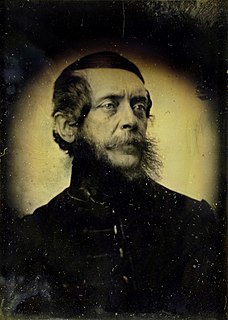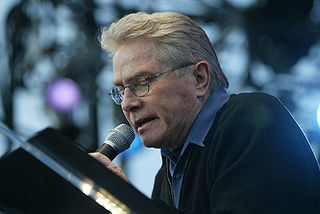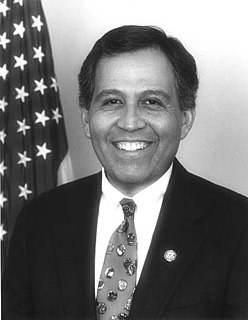A Quote by Tatiana Schlossberg
Most legal scholars and historians agree that the Antiquities Act does not give the president the authority to revoke previous national monument designations, but a president can change the boundaries of a national monument.
Related Quotes
The president does not have power under the Constitution to unilaterally authorize a military attack in a situation that does not involve stopping an actual or imminent threat to the nation. As commander in chief, the president does have a duty to protect and defend the United States. In instances of self-defense, the president would be within his constitutional authority to act before advising Congress or seeking its consent.
I think that the president of Iran has the authority wherever which - where - wherever the national interests of the country are involved and, when it is necessary and expedient and required to speak and talk with others in order to promote the rights of its nation, that the president can take that initiative.
The National Security Council assists the president by ensuring that he receives the best views and options from the various departments and agencies on any given issue. The ultimate policies are, as they should be, then decided upon by the president - not by the NSC staff or the national security adviser.





























